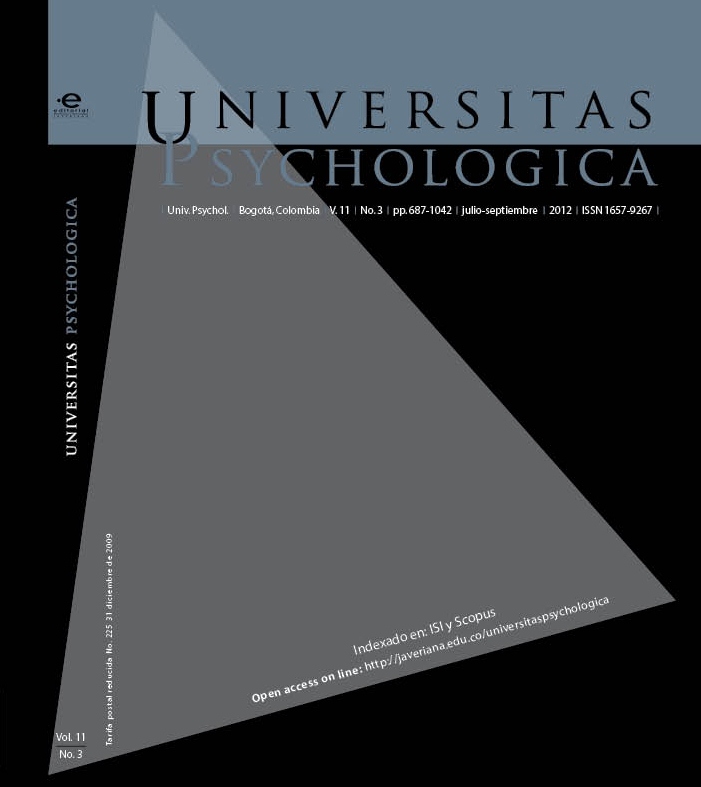Abstract
Kenneth Gergen is one of the most widely known contributors to social constructionist thought in the world today. Since the publication of his paper “Social Psychology as History” he has become a central player in what is known as the Social Psychology Crisis. In his academic career, and from what he has called ‘Relational Theory’, Gergen has revisited a significant number of psychological constructs and has proposed various dialogical and collaborative practices in therapy, organizational development, education, community development, social work and peace-building, among other things. This paper is a conversation with Gergen in which together we explore the particular way in which he understands the social constructionist movement. It is also a conversation about relational theory and related practices.
This journal is registered under a Creative Commons Attribution 4.0 International Public License. Thus, this work may be reproduced, distributed, and publicly shared in digital format, as long as the names of the authors and Pontificia Universidad Javeriana are acknowledged. Others are allowed to quote, adapt, transform, auto-archive, republish, and create based on this material, for any purpose (even commercial ones), provided the authorship is duly acknowledged, a link to the original work is provided, and it is specified if changes have been made. Pontificia Universidad Javeriana does not hold the rights of published works and the authors are solely responsible for the contents of their works; they keep the moral, intellectual, privacy, and publicity rights. Approving the intervention of the work (review, copy-editing, translation, layout) and the following outreach, are granted through an use license and not through an assignment of rights. This means the journal and Pontificia Universidad Javeriana cannot be held responsible for any ethical malpractice by the authors. As a consequence of the protection granted by the use license, the journal is not required to publish recantations or modify information already published, unless the errata stems from the editorial management process. Publishing contents in this journal does not generate royalties for contributors.


